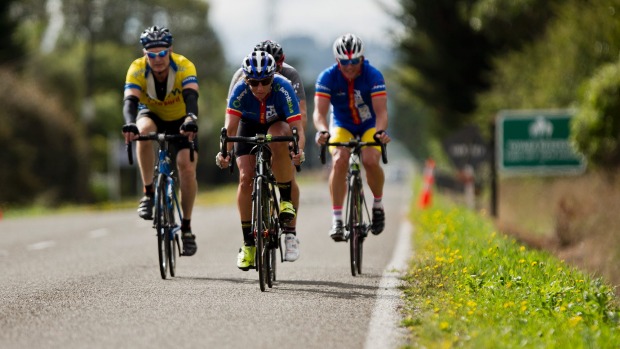Although there are all forms of risks involved with any type of high diving, even when training in controlled situations for platform diving, the greatest dangers are related with jumping into unknown waters from high elevations such as hills or cliffs. Water doesn’t soften your landing, when diving from great heights. The high speed at which you hit the water make it feel like you are hitting a hard rock instead of water.
After several years of competing in high diving events and hard training to build up his technique and confidence, the year 2009 marked the beginning of Gary Hunt’ professional career in the sport of cliff diving. He has a high reputation for being courageous and brave, pushing this thrilling sport to new extremes and inventing new unique moves to stay ahead in his competition.
Threats of Speed
One of the primary threats associated with cliff diving is the speed you grow before you hit the water below. For example, you could be falling at about 25 mph when you hit the water, if you are jumping from 20 feet above the water. You could be speeding at 60 mph when you touch the water if you dive from around 60 feet. If your body is not positioned perfectly, hitting the water at these speeds could cause concussions and spinal injuries, as well as compression fractures.
Things You Cannot See Can Hurt You
There is no way to know exactly what is under the water or how deep it is at that particular moment, if you are jumping into an outdoor body of water such as a river or the ocean. For example, there could be floating logs or rocks. Impact with the water could be devastating to your body, but hitting a solid rocky body under the water is often life risky and deadly. The natural waves and tides of the water also changes the depth for that moment, so by the time you dive in, whatever you think is deep enough might be shallower than you think.
Danger of Drowning
You are likely to become disoriented even if you are not hurt seriously when you hit the water. The depth you sink after jumping from a height combined with the forceful impact could frighten you, making you want to draw in your breath, which is not safe when underwater. This could lead to anxiety, which in turn could lead to drowning or any serious accident. You are even more likely to drown, if you are injured during the jump, because it is difficult to swim with fractured bones. If you are unconscious, you won’t be able to swim at all.
Keeping It Safe
Whether indoors or outdoors get proper training before attempting any type of high dive. Get a professional trainer to guide and help you through the safety measures and steps which include proper positioning of the body. Because if you do not follow the perfect the technique, your body could slightly angle when jumping from heights. Even the slightest turning of your body can lead to serious injury or even death.
Gary Hunt who is a former Olympic and Commonwealth diver, has a number of medals at Great Britain National Diving championships and at the 2006 Commonwealth Games, he was placed 3rd in the 10m Synchro event. He chose to focus his career in Cliff diving and has enjoyed an extremely significant, rapid growth to the top of the game.










Comments are closed.